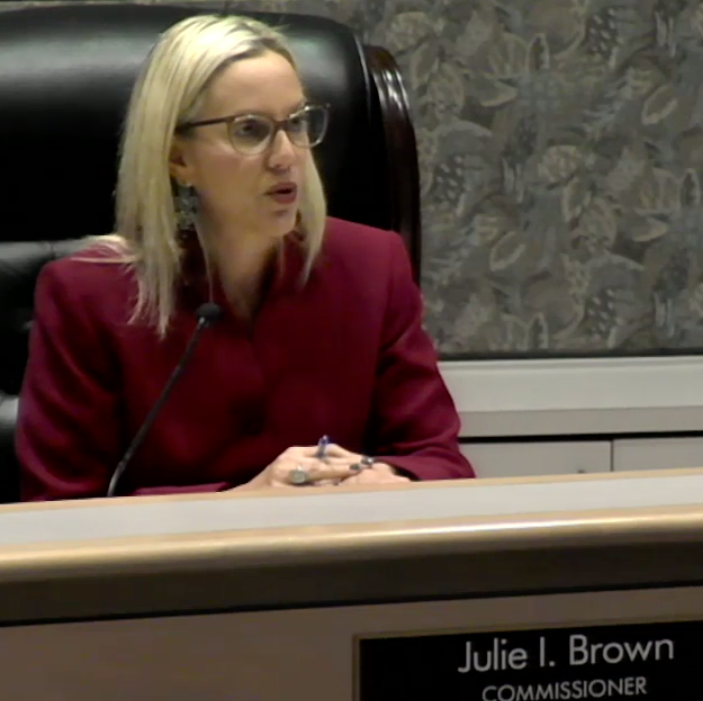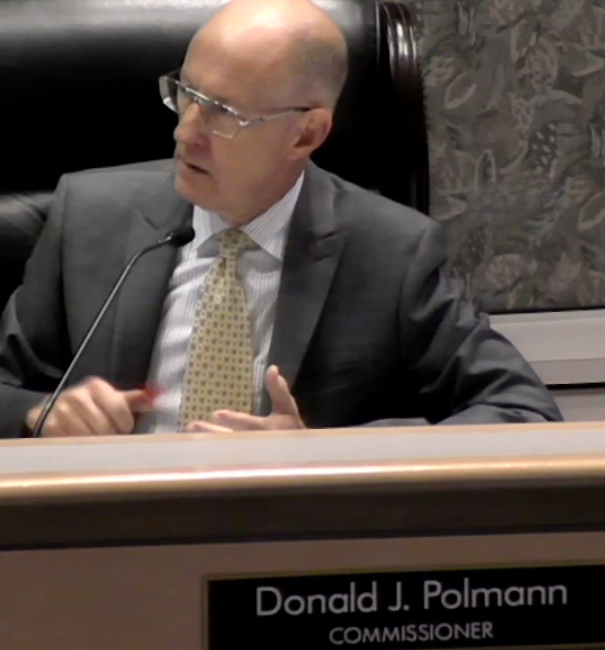In a positive step, the Florida Public Service Commission rejected its staff recommendation to approve the utilities' proposed energy savings goals of zero, or near zero. Instead, the Commission voted 4-1 to maintain the current energy savings goals (established in 2014) through 2025.
George Cavros | November 7, 2019 | Energy Efficiency, Energy Policy, FloridaEarlier this week, the Florida Public Service Commission (PSC) rejected its staff recommendation to approve the utilities’ proposed energy savings goals of zero, or near zero. Instead, the Commission voted 4-1 to maintain the current energy savings goals (established in 2014) through 2025.
While even the current goals are anemic relative to other states’ performance in capturing energy savings, it is a better outcome than the zero, or near zero, goals proposed by the state’s largest utilities. This is a positive first step and a reprieve for over 6 million families and businesses as they will continue to have access to energy efficiency programs that will help them reduce energy use, save money on bills, and lower their carbon footprint.
Public Input Paid Off
Clearly, public outcry over the proposed goals played a role in the Commission’s decision to hold the line on energy efficiency goals. There were a staggering 5,000 comments filed in the dockets along with a dozen municipal resolutions – all calling on the commissioners to establish meaningful goals to help Floridians cut energy waste. After all, using energy smarter is the cheapest, quickest and cleanest way to meet our energy needs.
Play by play

As the commissioners considered their staff’s recommendation, it didn’t look good for consumers as Commissioner Polmann quickly moved to approve the staff recommendation and it appeared it would be a very short hearing on the goals. Then Commissioner Julie Brown, who led the rejection of the zero or near-zero goals, stated that proposed goals were not in the public interest and that the evidence did not support lesser goals than were approved in the 2014 goals setting proceeding. She added “It just doesn’t make sense to me to have zero goals.” It’s like running a marathon at zero miles per hour. You’re never going to make it to the finish line.” She asked the other commissioners to keep the goals set in 2014 intact for the next five years (through 2024). After some debate on the dais, Commissioner Polmann withdrew his motion to approve the staff recommendation, and suggested working with the state Legislature to update Florida’s energy conservation law. Conservation “is “like mom and apple pie, why would you not want them?” he said in re-evaluating his position.

There was more than an hour of tense back and forth between and the commissioners and their staff. When the dust cleared and a vote was taken, all commissioners but one, Chairman Graham, supported the motion to reject staff’s recommendation and to maintain the goals currently in place.
Reform?
The calls for reforming the FEECA statute is a bit perplexing as the law provides the PSC discretion on when and how to set meaningful goals. Currently, the goals must be set at least every five years for a ten-year period. The statute permits the agency to use a range of cost-effectiveness test. The problem is not necessarily with the statute, but how the utilities and PSC have adhered to uber-restrictive cost-effectiveness policies such as the rate impact measure (RIM) test and the 2-year payback screen to eliminate potential energy savings to zero, or almost zero. Florida is the only state to use these antiquated policies. And that hurts hard-working families, especially low-income customers, and small businesses by limiting or eliminating efficiency programs that help customers cut waste and save money on bills.
Regardless, Southern Alliance for Clean Energy and allies look forward to engaging in constructive conversations on strengthening Florida’s energy conservation goals in order to yield the efficiency savings many other states are achieving on behalf of their customers. As always, we will keep you updated on this critical energy policy issue going forward.